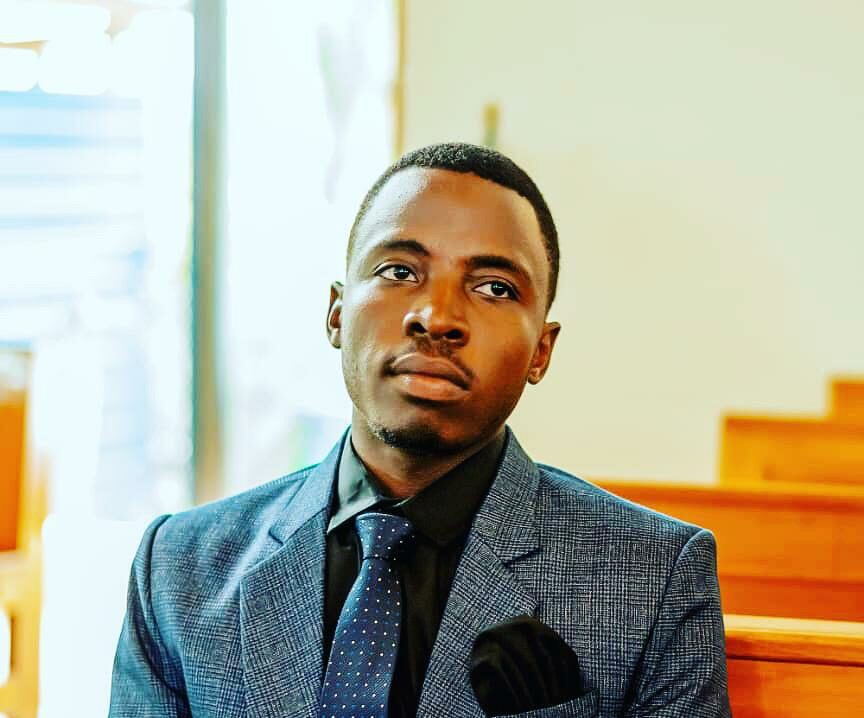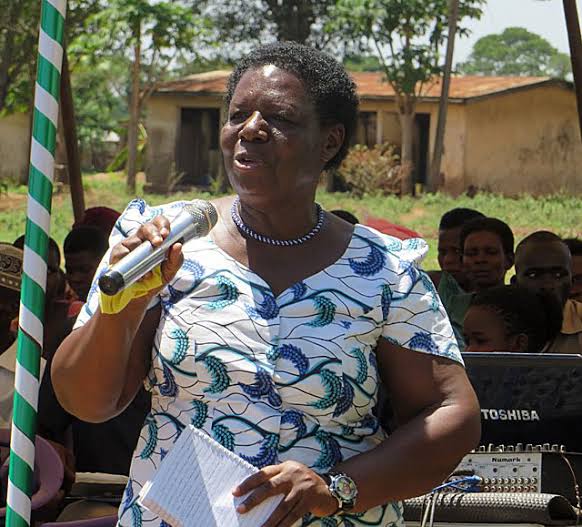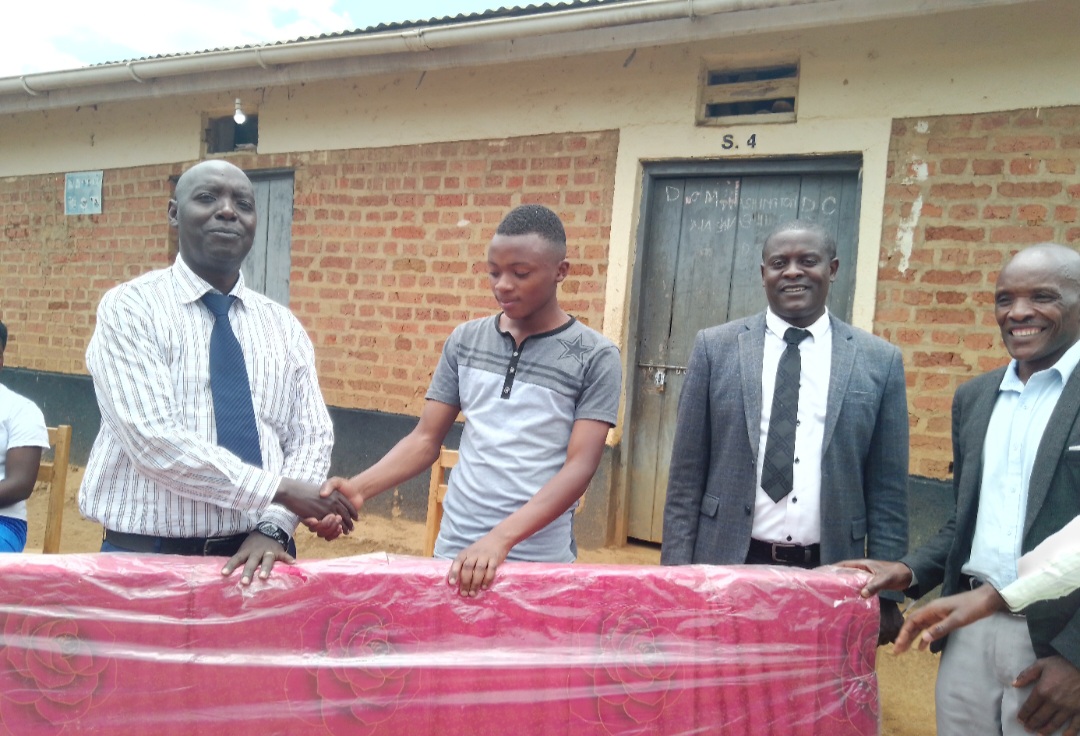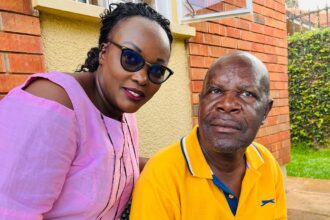Having Witnesed the launch of NRM membership registration exercise by Mr. Yoweri Kaguta Museveni Tibuhaburwa aka Ssabalwanyi, the Party National Chairman and the President of Uganda on wednesday 28th February 2024 at the yellowish political party secretariat, it is good thereafter for party members to update their understanding on how such sole led political parties operate.
“It is good to know the number of party supporters and mobilise for more members into the party”-Museveni tweeted.
Do these registered members all vote in favour of NRM! Are they, after registration taken through the party ideology! Is the number of NRM votes compatible to its membership figures! Is the party member-driven or the chairman has it all! NRM members must wake-up!
The definition of political party membership varies considerably among different countries. In some countries, a voter who reports supporting a party when registering to vote is automatically considered being a member of that party, whereas in others, membership requires an active decision to join the party and support it financially through payment of membership dues. Different forms of indirect membership, such as in affiliated trade unions, may also be interpreted as forms of party membership.
Like the Museveni-led NRM, political parties with a large number of members and a good membership organisation have significant advantages in elections campaigns, particularly in relation to tasks such as publicity, voluntary information collection, and mobilization through door-to-door canvassing as well as contemporary outreach through texting, social media networks and other electronic direct-to-voter platforms.
Amidst 2021-2026 general elections, there was a general trend that NRM membership was declining but political parties in new democracies like Uganda are often not built on membership the way the Western European parties used to be, and all over the world, a growing professionalisation of political campaigns, reliance on public funds, and media domination seem to lead to lower membership numbers.
Also there is currently an argument to be made that political activism through political party membership is waning while direct political engagement through social media, blogging and on-line communities of common interest is increasing.
Like for the case of our country Uganda, It has also proven very difficult to estimate the membership base of political parties in a comparative perspective. One important source of comparative data derives from the official figures compiled by parties. These figures may be unreliable, particularly where parties exaggerate their support or where central record keeping is simply inefficient or erratic. Inclusive of NRM, our Ugandan political parties are often not obliged to maintain public records.
One means to analyse the role of NRM members, is to distinguish between the different kinds of party organisations and which role they attribute to their members, if they rely on membership base at all.
The most well-known and often cited classification of party structure is that one by Maurice Duverger (1954), who identified three major types of party organisations; more recently, a fourth type has been added by other scholars.
Cadre parties are considered to be the oldest and most traditional form of political party, being rather loose associations of legislators, with a minimal role for a wider membership, and a formal organisational structure. Caucus-cadre organisations are essentially based on political elites and leadership factions, usually created within parliament.
In the so-called militia parties like NRA/M, party membership may be widespread, but it doesn’t have any role in influencing the party leaders’ decisions and the policy process. Nor do members exercise any real power in the political party such as holding political leaders accountable for their actions, or even remove them if necessary.
Militia parties like NRM are dominated by a top-down command structure and strong mechanism of control. Party supporters are enrolled along military lines, and the party maintains its power on the basis of control of the military and the civilian bureaucracy.
Still like NRM, party leaders often use patronage, corruption, and intimidation to encourage local party supporters and as another means to exert control over the general population.
In contrast, mass membership parties can rely on a large membership organisation and therefore attribute a larger involvement to members in the party. The prevailing motivation for getting involved in party work will be the sharing of a common ideology and strong beliefs in party goals.
The so-called “parties of social integration” have foreseen a very high involvement of party members in party activities, such as cultural activities, mainly through membership in related organisations. Some mass membership parties have affiliated extra-parliamentary organisations, like trade unions, through which they obtain group memberships.
The rising importance of public funding for political parties and, as a consequence, the growing reliance on the state as a service provider for the political parties have given rise to a debate about a fourth type of party organisation; the so-called ‘cartel’ party or electoral-professional party. This type of party has a shrinking membership base and tends to loose contact with its members and the electorate. It does not rely on volunteer activists or even members to spread its political messages. Mass communication media are fully taking over this function for the electoral-professional party. Politicians have become professionals and focus on the governmental and parliamentary sphere instead of on the civic society.
On the other hand, it is less clear that declining NRM membership implies a parallel trend in decreasing party activism. It is possible that the active party members like ONC’s Hadijah Namyalo remain in the party, due to their greater ideological commitment.
Moreover, the impact of a decline in NRM membership upon the structure of the party remains unclear. There is no general correlation between decreasing members and increasing centralization of power.
The NRM National Chairman should reconsider the levels of membership that have fallen considerably in the last couple of decades. This development gives rise to concern for various reasons such as limited opportunities for political participation of party members, widening the gap between professional politicians and the electorate, diminishing the accountability of leaders to followers, decreasing the legitimacy of party leaders and political decisions in general and strengthening party centralization and empowering party leaders due to diminished control through party members in addition to disconnecting the people from the party and all its services regarding voter education, social activities, and other awareness raising activities. Causing misunderstanding of difficult political processes like TovaKuMain2026 alongside MK2026 is another central factor.
Caterisperibus, every citizen of Uganda has a right to form or join a political party or organisation of his or her choice as per the political parties and organizations Act 2005.
For God and my country, Uganda!
Lukanga Samuel
+256 785 717379
lukangasamuel55@gmail.com
The writer is a social development enthusiast and an Ambassodor of Humanity.
Do you have a story in your community or an opinion to share with us: Email us at Submit an Article







